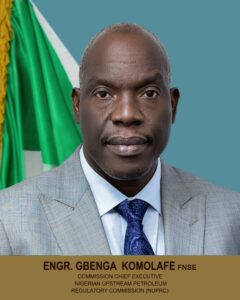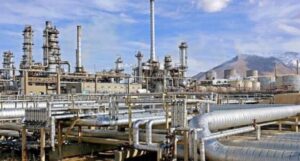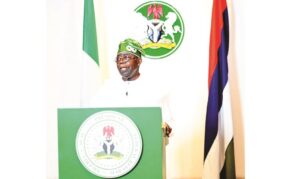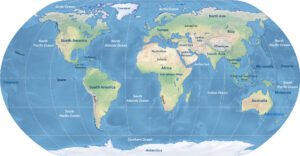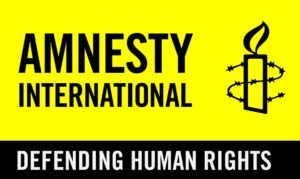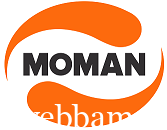

HOW UKRAINE-RUSSIA WAR EXPOSES NIGERIA OIL MARKET TO IMPORT PARITY PRICES
Nigeria is an integral part of the world market and thus exposed to the same trends. The increase in diesel and aviation fuel prices is higher than the increase in petrol prices globally because the supply of diesel and aviation fuel (middle distillates) is mainly from Russian refineries which are currently under sanctions.
The Vice President, Crude and African Markets, Argus Media, James Gooder, disclosed these tat the March, Major Oil Marketers Association of Nigeria, MOMAN Energy Correspondents Workshop Series held on Thursday in Lagos.
“Oil prices hit near 14-year highs. The Russia-Ukraine conflict has supercharged existing upward market momentum. Recovering global demand and constrained OPEC + output, low stocks and high refining costs have all played a part. But Russia is one of the three largest oil producers along with US and Saudi Arabia. Market unwillingness to buy Russia oil in the spot market means there is greater competition for alternatives – hence higher prices”, he said.
Diesel according to him is driving the oil complex. “Russia is a major exporter of diesel as well as crude. Crude is expensive but diesel is at a strong premium. Prices are highly volatile and unpredictable”, he added.
Gooder noted that West Africa relies on imported products due to lack of sufficient regional refining capacity.
The Vice President stated that the European surplus of PMS/gasoline finds a natural home in Nigeria. Hence, in a global market, product flows are directed by price.
“Nigeria is competing with other destinations for products. But even if Nigeria had sufficient refining capacity, it would still be in a competitive market and exposed to import parity prices”, he maintained.
He argued that regulated PMS prices are out of step with market reality. However, capped retail prices for PMS may be popular, or even expected, among those that can afford to own a car.
Gooder pointed out that the current delivered prices for PMS are around three times as high as the pump price.
“Is this sustainable? Is financing this the best use of Nigerian taxpayers’ money?” he asked.
He maintained that there is an unfortunate but clear incentive to smuggle subsidized fuel out of Nigeria to neighbouring countries where retail prices are higher.
Also speaking at the Workshop, the head, Economic Intelligence, Research & Regulation, Ogechi Nkwoji however noted that the backbone of distribution is based on diesel, from transport (vessels and trucks) to energy costs (depots and stations). “This affects not just petrol distribution but also the distribution of aviation fuel”, she said.
Total distribution margin under the current PMS pricing template according to her accounts for 11.5% of the PMS pump price despite significant increase in costs. Operators are struggling along the supply chain to get petrol out of the nuzzles into the cars which is difficult to sustain

